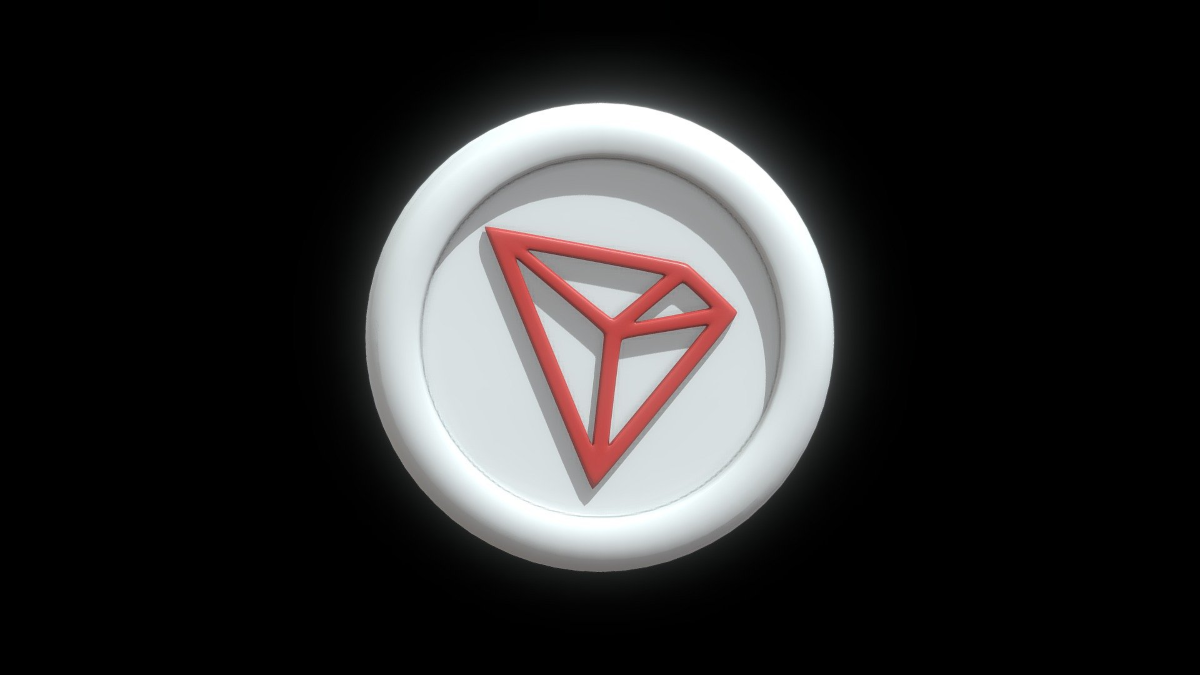Key Insights
- Terror groups like Hamas and Hezbollah now favor using Tron cryptocurrency to transfer funds due to fast speeds and low fees
- Analysis shows a sharp rise in Israeli seizures of Tron wallets linked to militant organizations
- Experts warn that Tron provides groups an easier way to obscure cross-border financing of their banned activities
A worrying new trend has emerged in the way terror organizations like Hamas and Hezbollah fund their operations – through the explosive growth of transactions on the Tron cryptocurrency network.
Once overshadowed by the more mainstream Bitcoin, Tron has rapidly gained ground thanks to quicker transfer speeds, lower fees, and perceived anonymity. This has made it the crypto of choice for an array of groups designated as terrorists by countries like Israel and the United States.
A Reuters analysis of cryptocurrency seizures by Israeli authorities showed a stark rise in confiscated Tron wallets believed connected to banned militant factions, while Bitcoin wallet seizures fell. Experts say Tron’s transactional advantages allow banned groups to more easily and cheaply shift funds around globally to finance their activities.
Our data shows that these terrorist organizations tend to increasingly favor Tron, said Mriganka Pattnaik, CEO of blockchain investigations firm Merkle Science. Earlier it was Bitcoin and now Tron, given its faster transaction times, low fees, and stability.
Israel froze 143 Tron wallets from July 2021 to October 2023 linked to groups like Hamas and Hezbollah. This included a mass seizure of 600 accounts in March 2022 tied to a Gaza-based money exchange called Dubai Co. for Exchange, which Israel labeled a Hamas front.
Read also! Binance Freezes Hamas Militant Crypto Accounts
Several people caught up in the Dubai Co. seizure said they had been transferring Tron funds for business reasons and denied connections. But the rapid embrace of Tron by militant networks signals a growing challenge for authorities in stifling this alternative, under-the-radar funding channel.
“There was until now this blindspot around Tron,” said Shlomit Wagman, a money laundering expert formerly with the Israel Money Laundering and Terrorism Financing Prohibition Authority. As Bitcoin becomes more traceable, groups are leveraging Tron’s transactional strengths instead to obscure funding flows.
This migration of banned groups toward Tron mirrors prior trends of them exploiting other technical innovations to sustain operations. But the scale of embrace by the likes of Hamas and the speed of Tron present an alarming new dynamic in this age-old fight.


